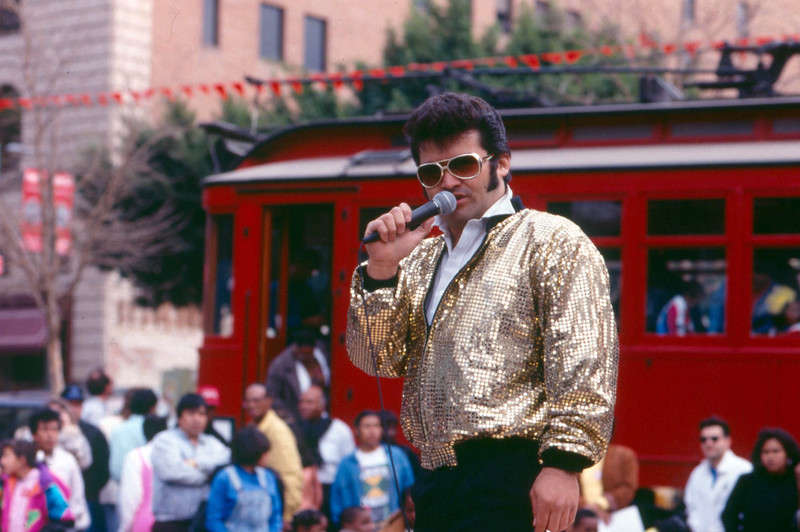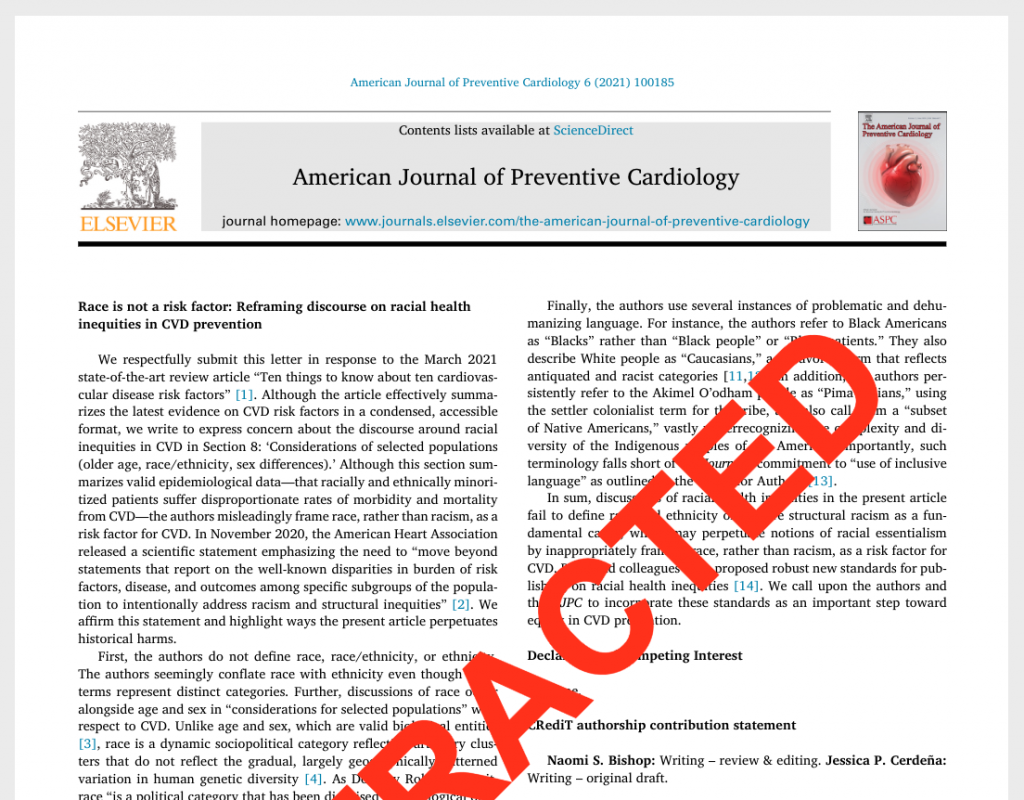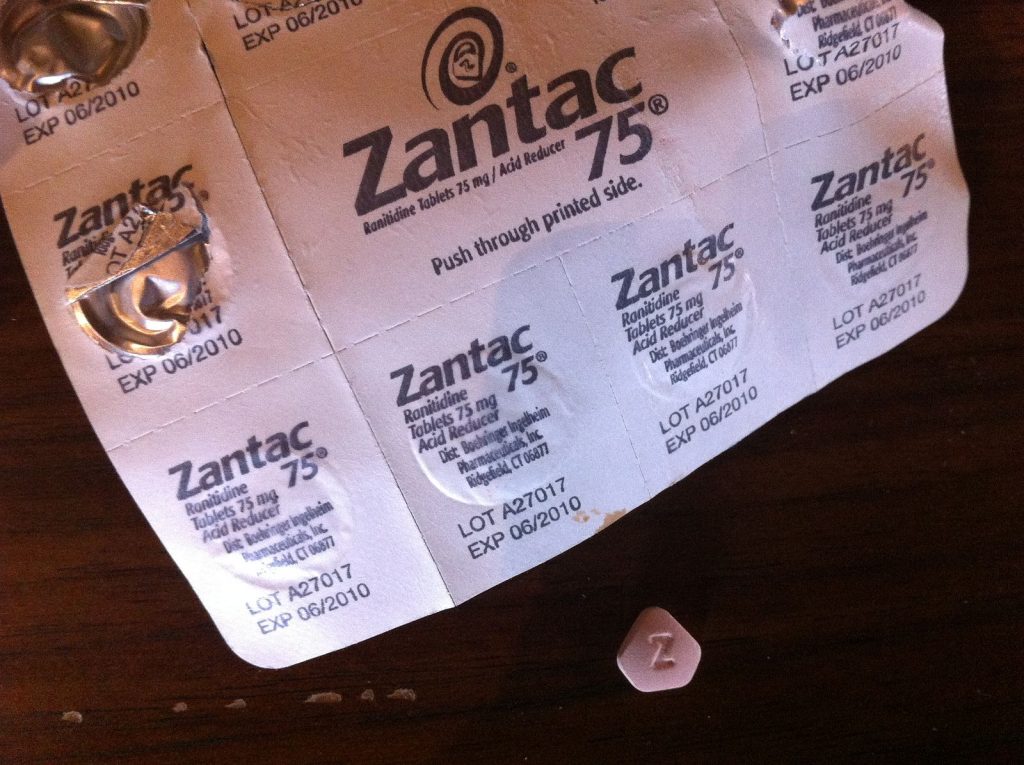
Before we present this week’s Weekend Reads, a question: Do you enjoy our weekly roundup? If so, we could really use your help. Would you consider a tax-deductible donation to support Weekend Reads, and our daily work? Thanks in advance.
The week at Retraction Watch featured:
- ‘A costly mistake’ prompts retraction of paper on hair loss
- Widely covered paper on ranitidine-cancer link retracted
- Paper by former NIH researcher alleging ‘Ponzi schemes’ by government, pharma retracted
- Elsevier glitch prompts temporary removal of critique of review on race and heart disease
- ‘Galling’: Journal scammed by guest editor impersonator
Our list of retracted or withdrawn COVID-19 papers is up to 128.
Here’s what was happening elsewhere (some of these items may be paywalled, metered access, or require free registration to read):
Continue reading Weekend reads: Biotech CEO on leave after allegations on PubPeer; a researcher disavows his own paper; plagiarism here, there, and everywhere






